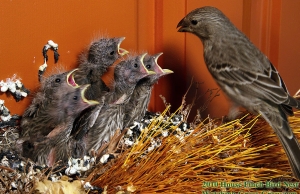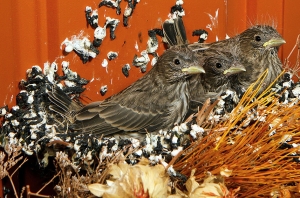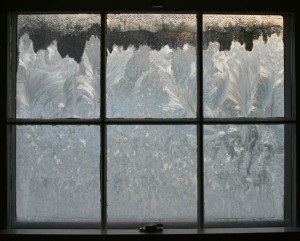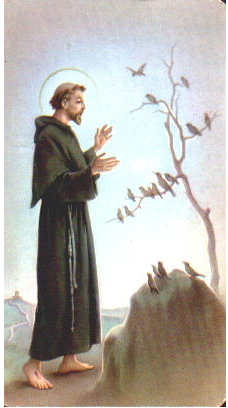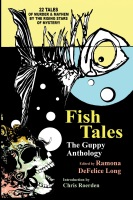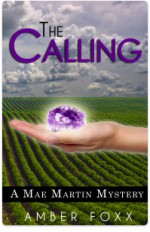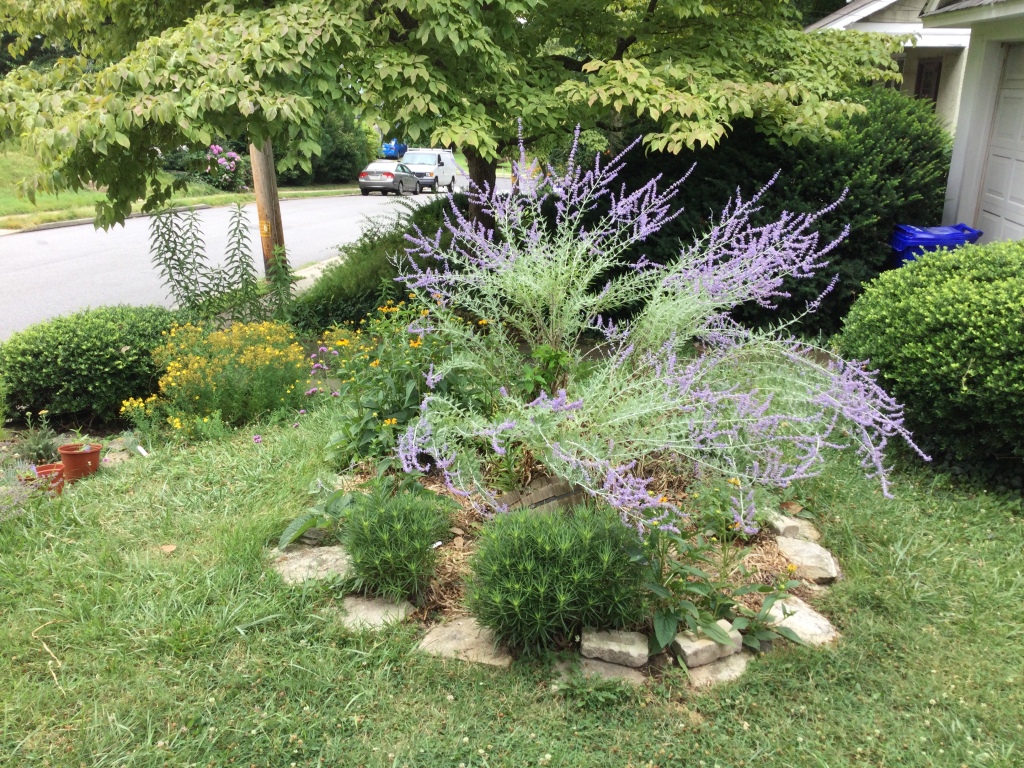
I have recently become obsessed with planting to attract local and migrating pollinators—which basically means planting plants that attract and feed bees and butterflies. It all started with a catalog that came last year from Prairie Moon Nursery in Minnesota. At the time, I looked it over and thought it was pretty interesting, but last year I was on our church’s Search Committee to find a new rector for our small Episcopal parish, and didn’t have the time or inclination for exploring a new mail-order source for plants.
This year, however, our search successfully concluded with an energetic and enthusiastic priest who is precisely the right person for this calling, I was eager to plunge back into the world of gardening.
So I looked through the new 2022 Prairie Moon catalog (which is now limp because I look through it almost every day) and made a few modest selections: 3 plants each of Echinacea (coneflower), Lance Leaf Coreopsis, and a very tall flower called “Meadow Blazing Star,” which is pictured with a Monarch butterfly on the tall purple spikes and is supposed to be “THE ULTIMATE MONARCH MAGNET!” Two months after their arrival, the Coreopsis—which has gorgeous foliage!—are full of buds and starting to bloom, the Echinacea are sturdy-looking, and the Blazing Star, while still less than a foot tall, all appear healthy and happy to be out from under the shadow of the daffodil leaves which dominated their flower bed when I set them out in early May.
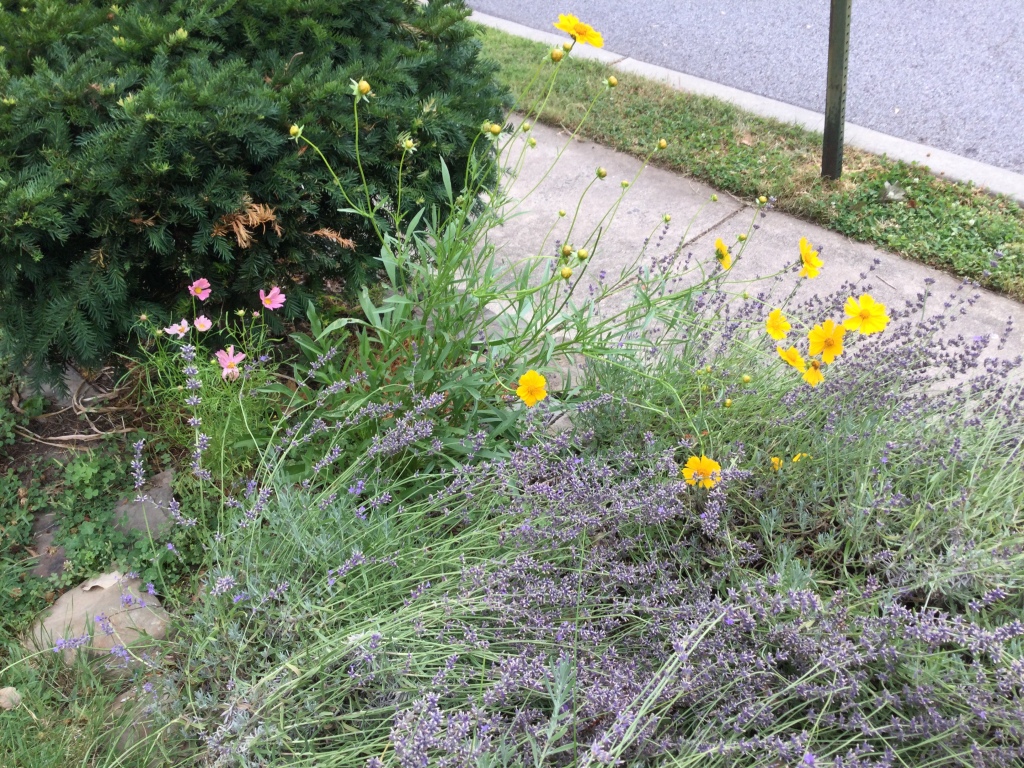
I used to raise tomatoes from seed in our old row house in the Mount Airy section of Philadelphia, growing Brandywine and other heirloom varieties (though Brandywine always did the best–and tasted the best!). I had an elaborate setup on a table in the basement: mint-green trays with nice little indentations for water run-off that held individual seedlings beneath long fluourescent lights that my husband had rigged up on chains so they could be lowered a few inches above the the little Jiffy-pot containers and then gradually raised as the seedlings emerged and grew taller. The little plants would raise their leaves to the light like a priest lifting hands in blessing.
But my days of raising anything from seed—let alone anything edible that must be guarded from the squirrels, rabbits, and deer that populate our little suburban town—are long done. My time and energy must be kept for other enterprises (such as writing!).
Our local Philadelphia Horticultural Society has a program called “Plant a Row for the Hungry.” While I do not feel up to contributing to this worthwhile project, I am deeply satisfied to know that my small contributions—including the catmint, lavender, and Russian sage already in the yard—are making a difference for smaller creatures in need of a meal. I am happy to be Planting a Row for the Bees.




